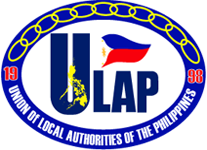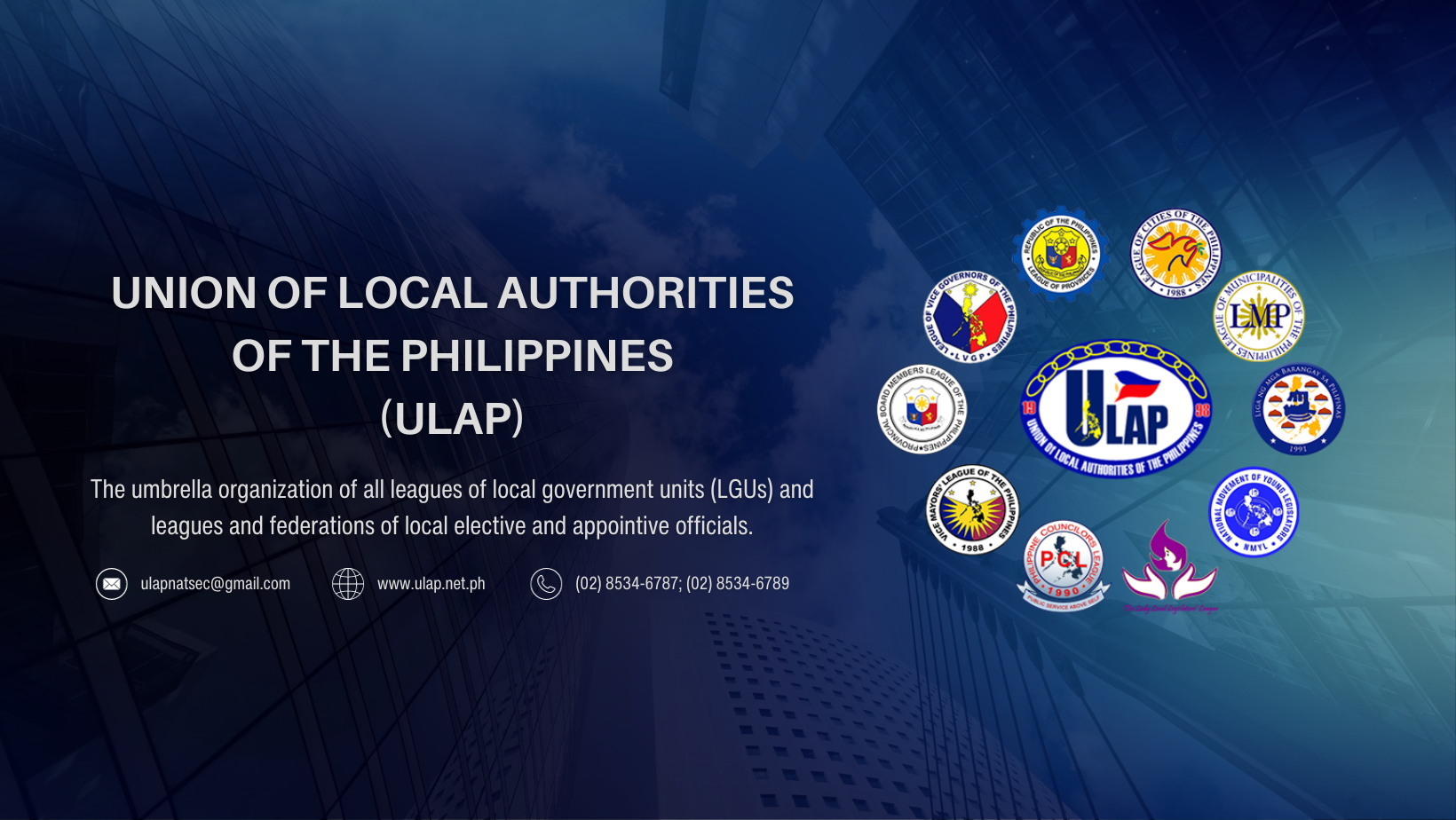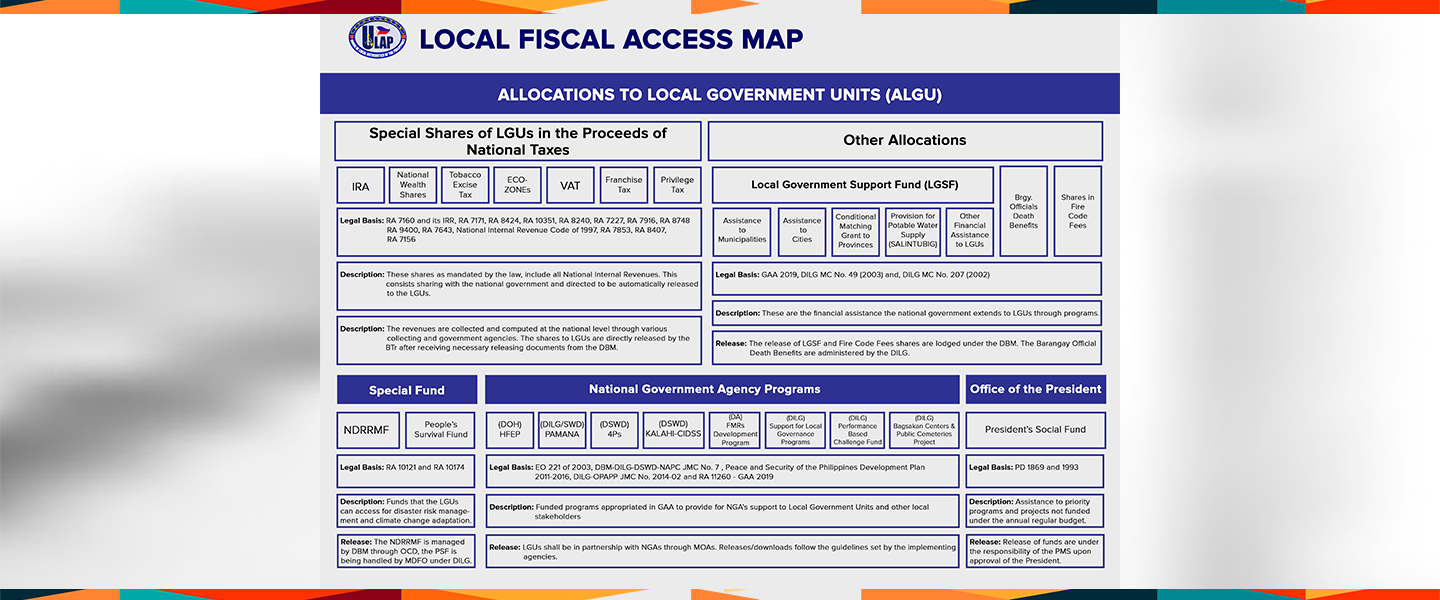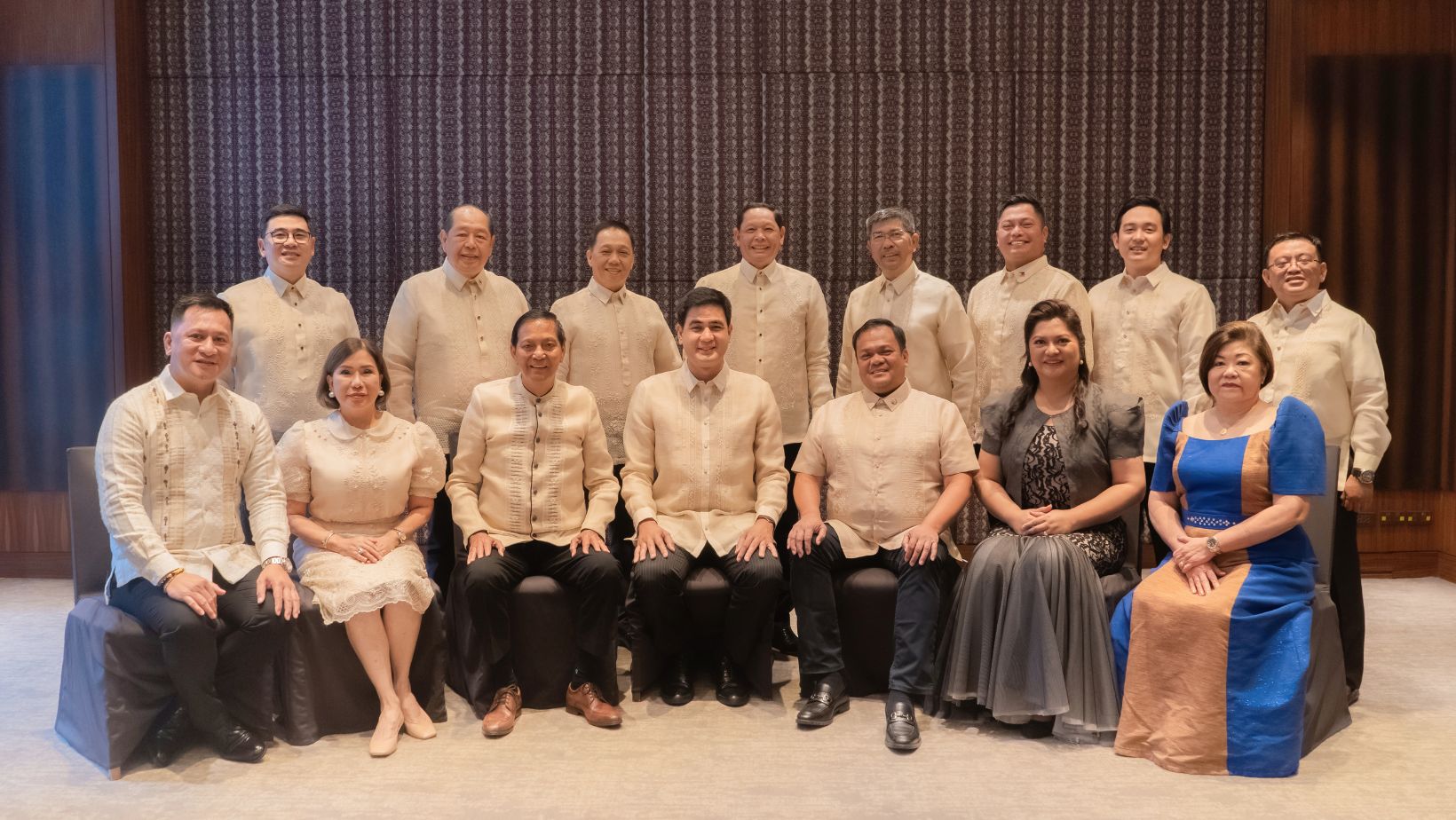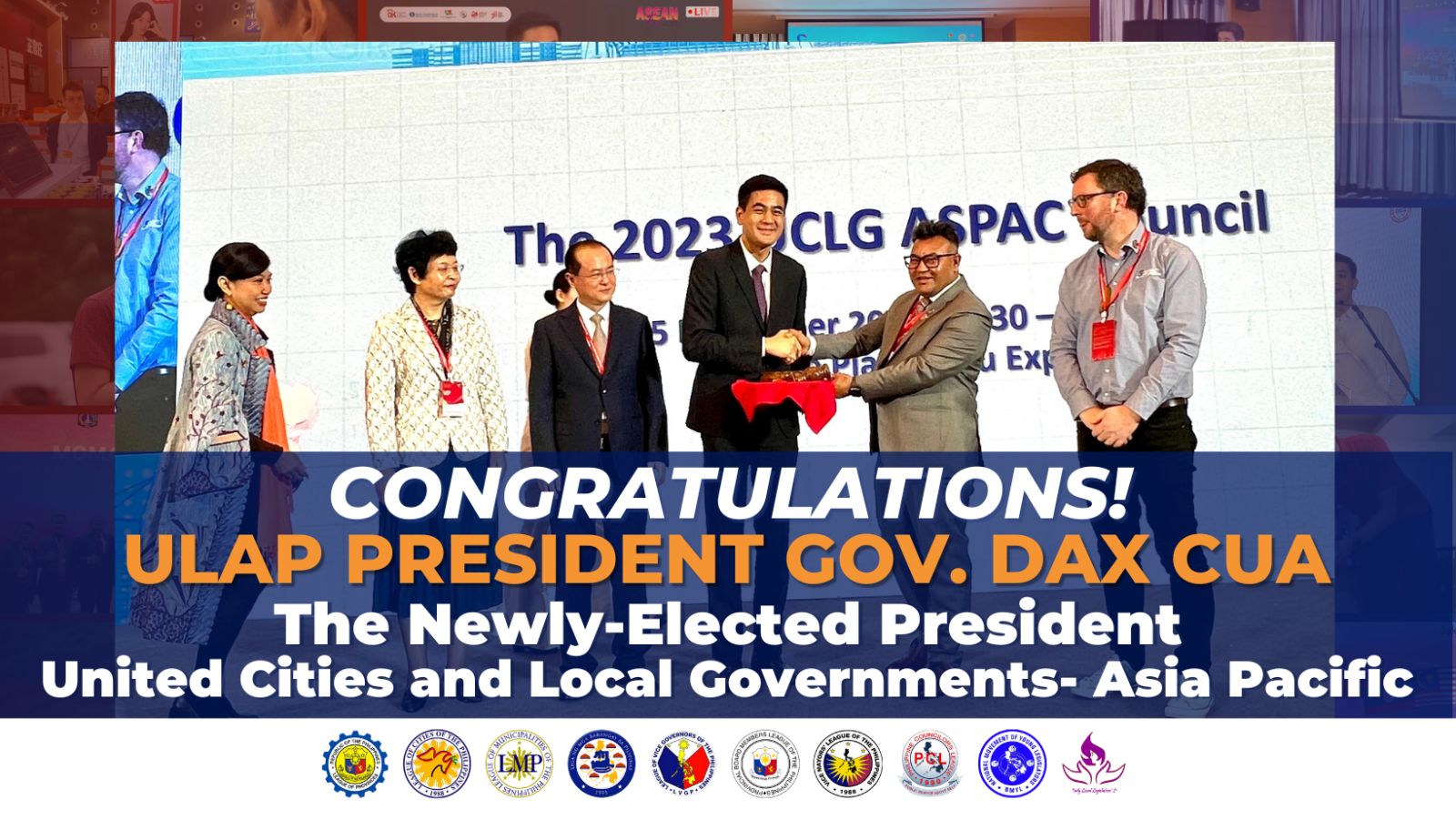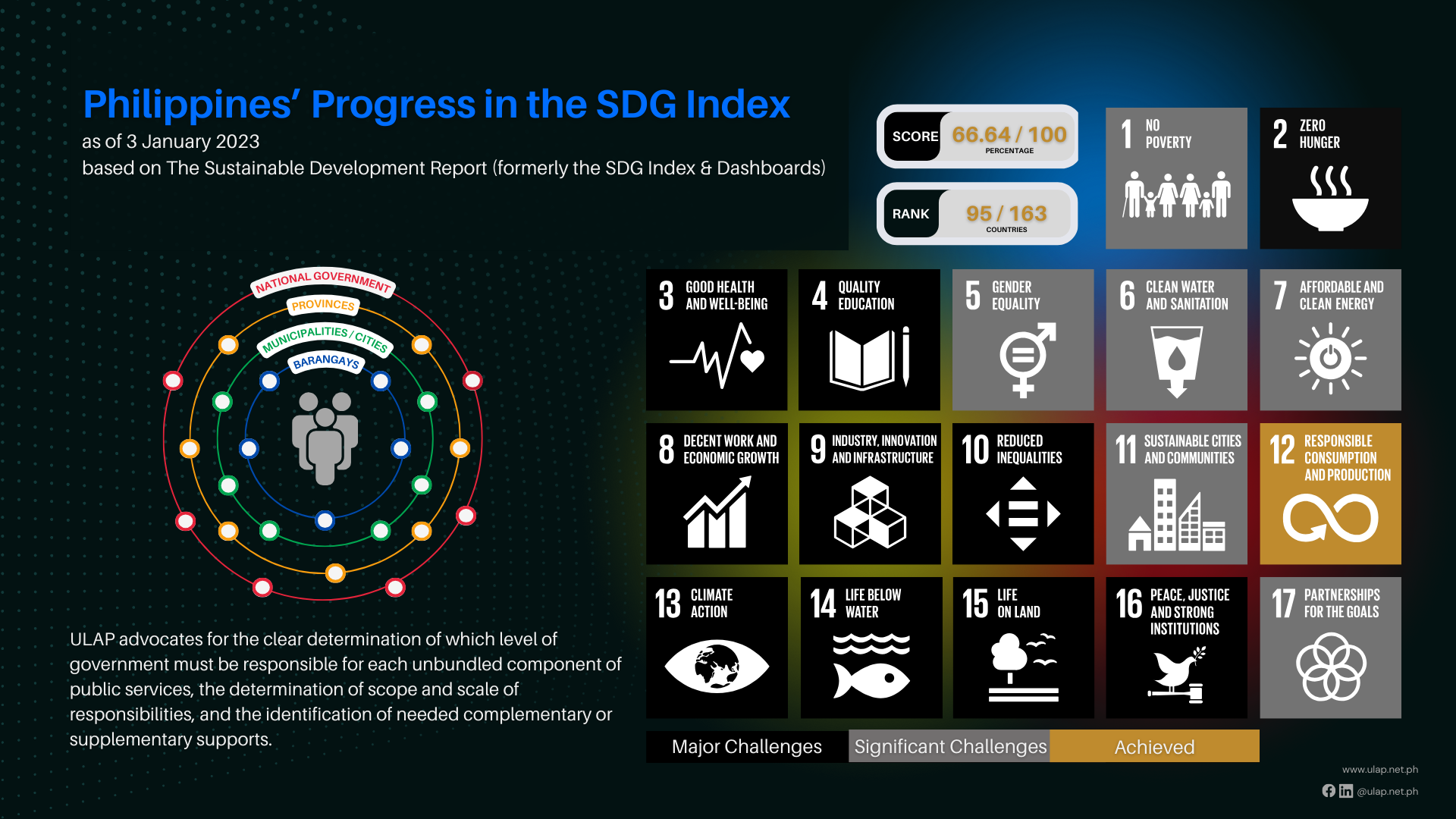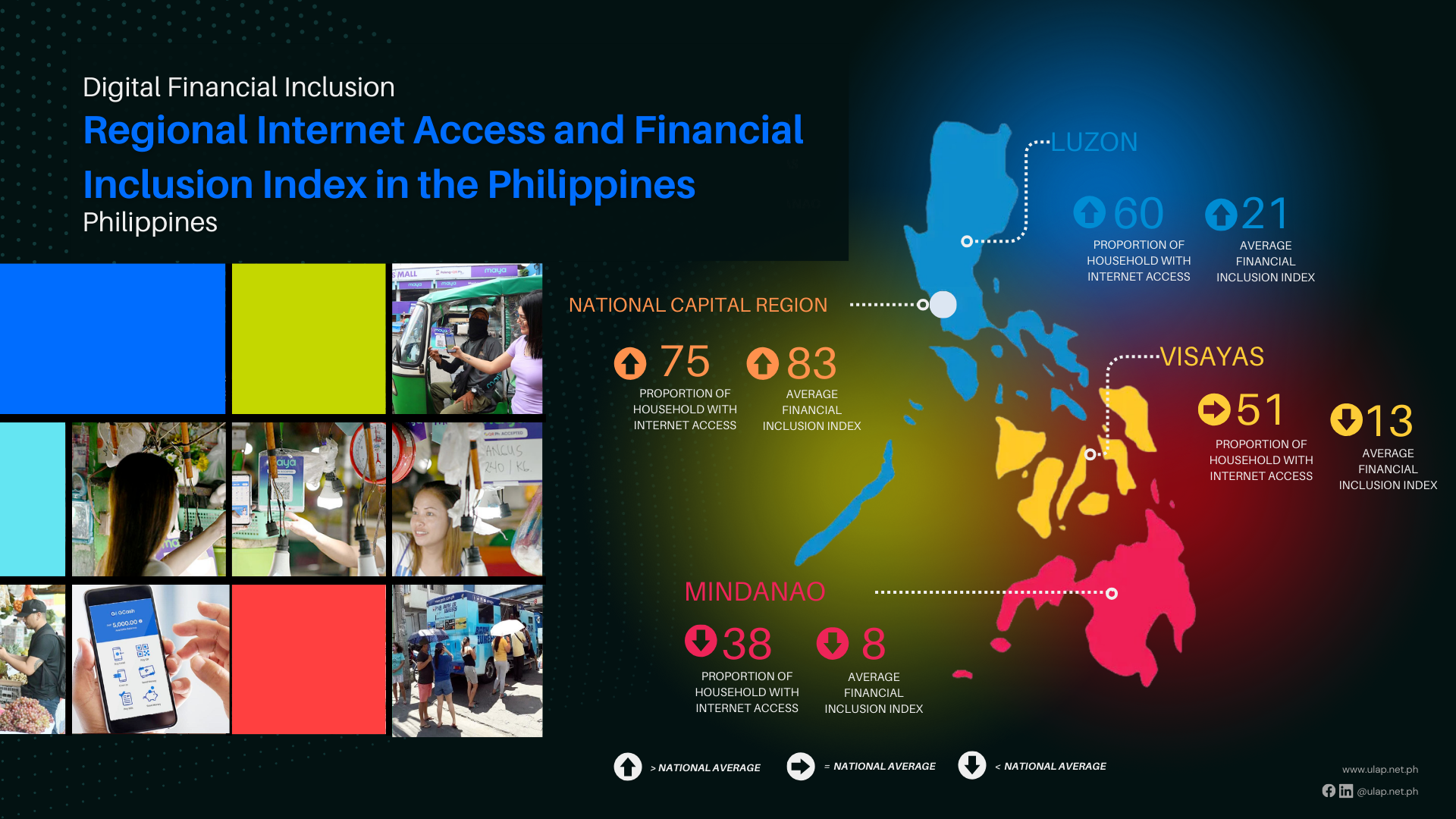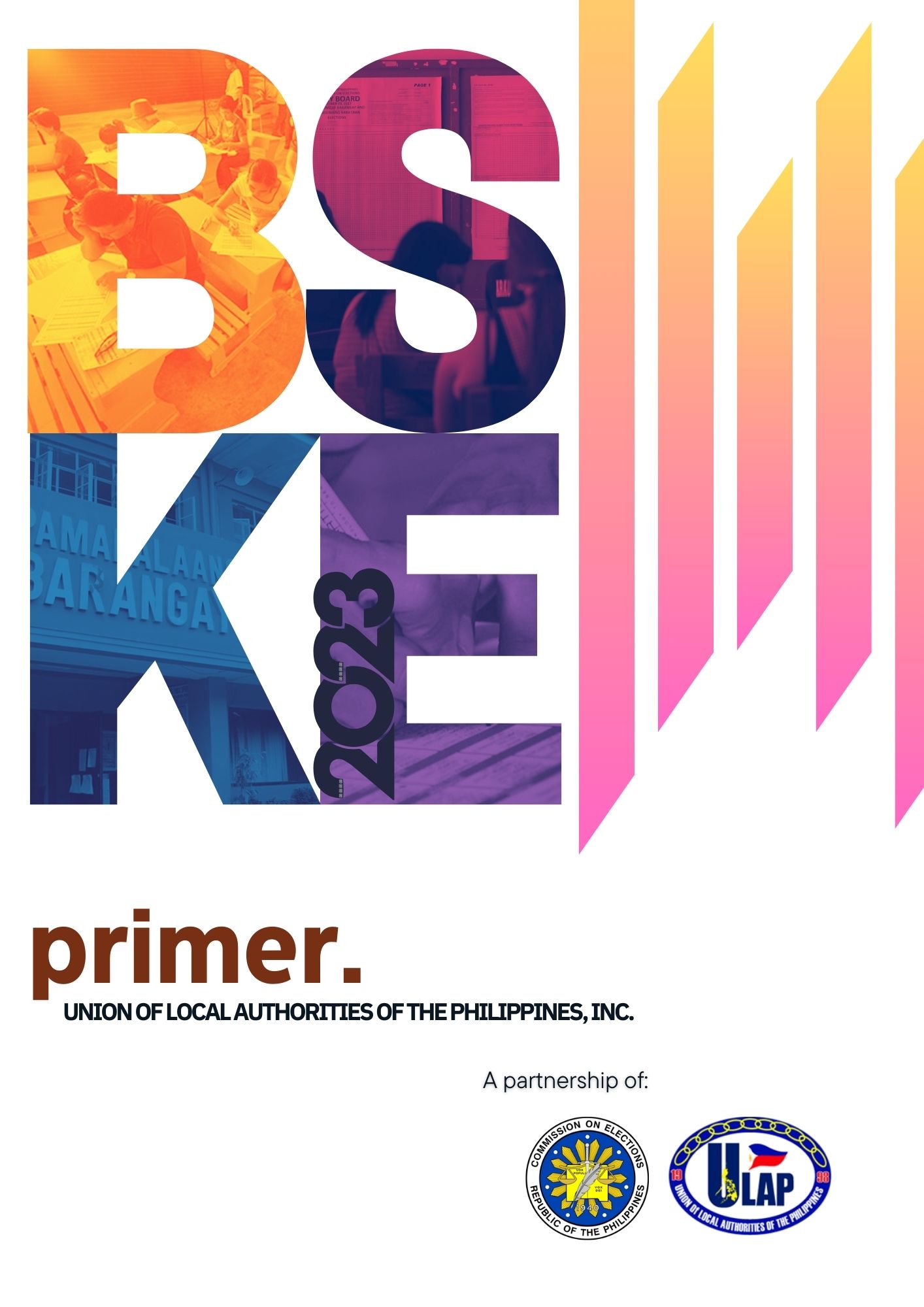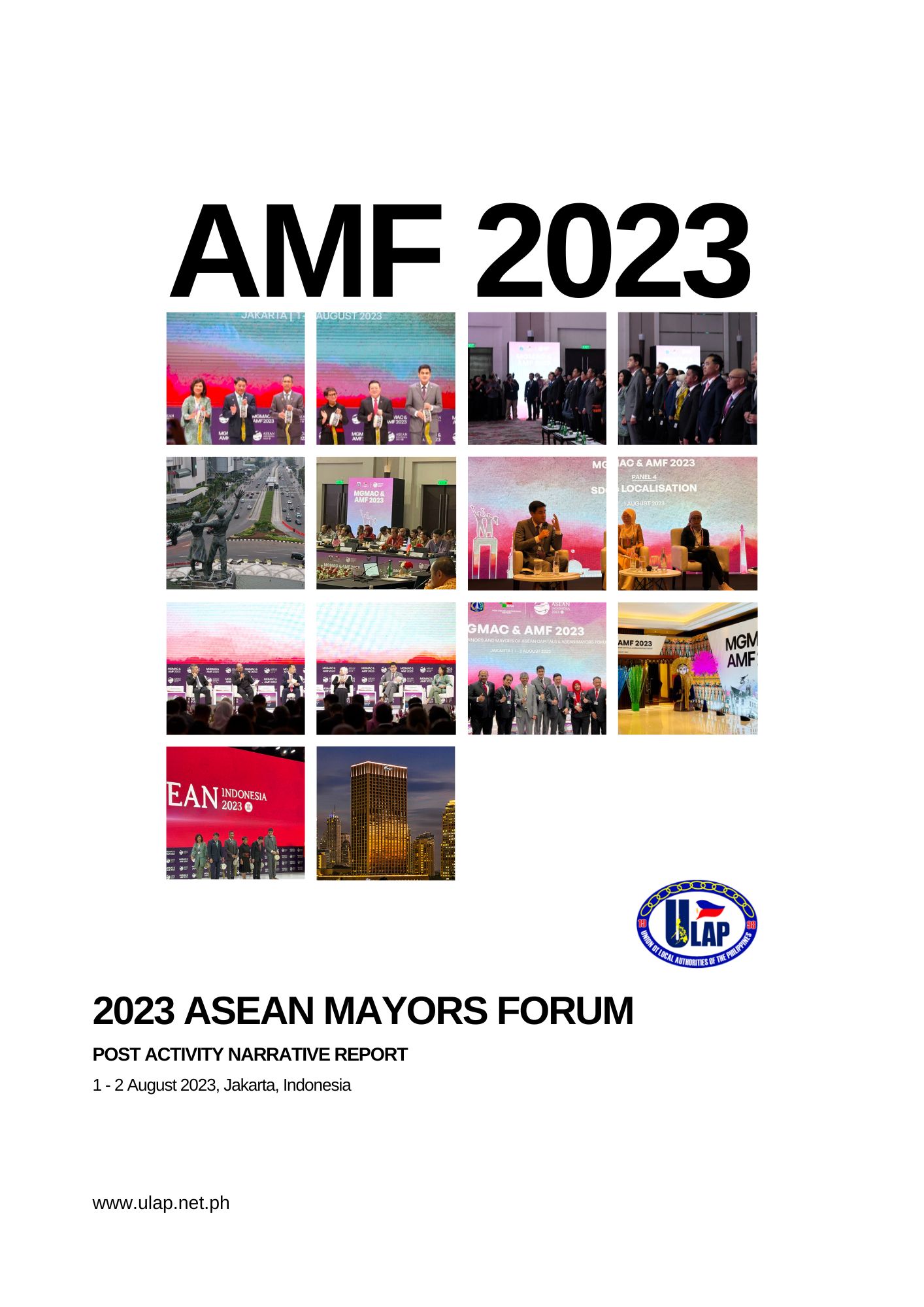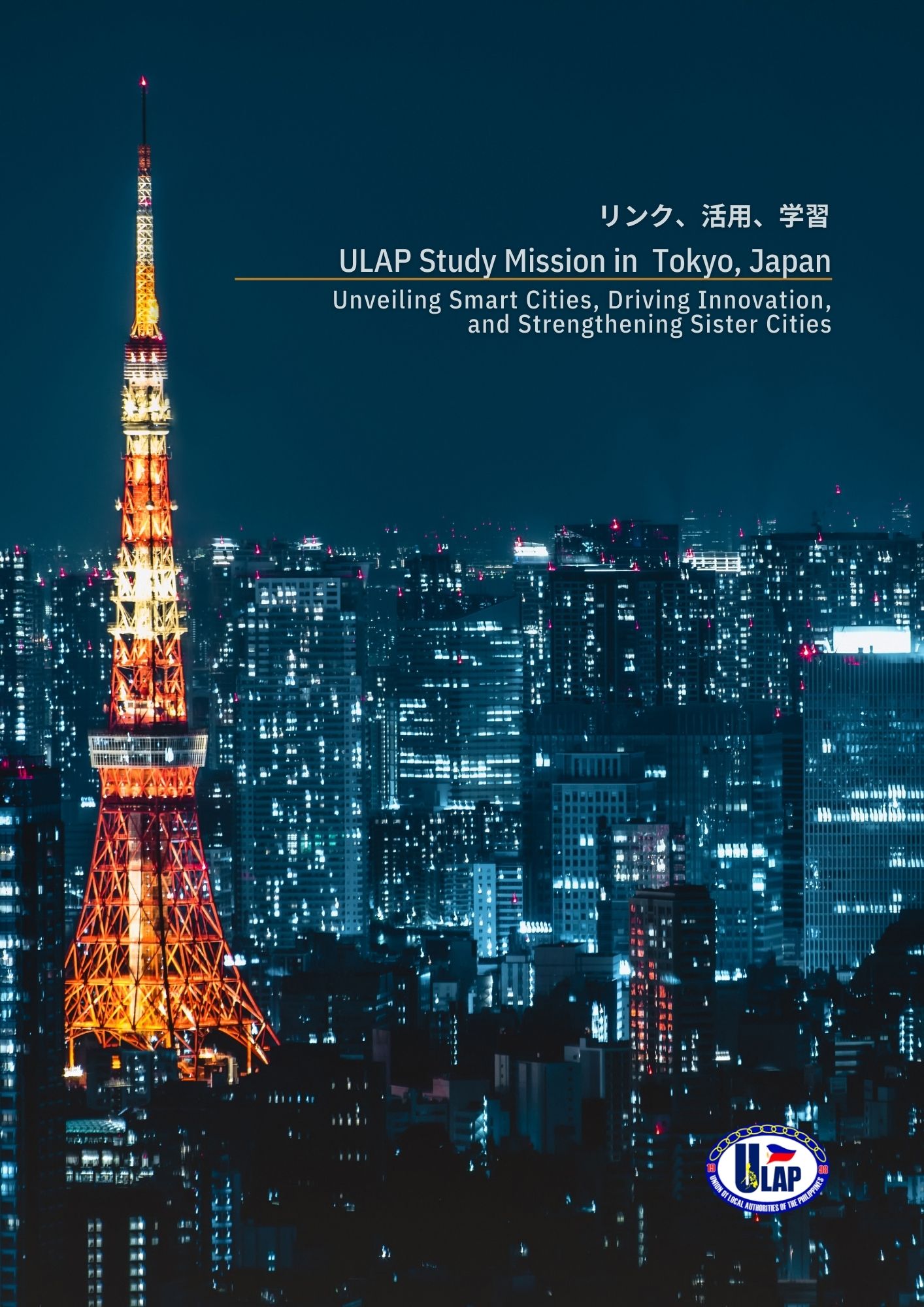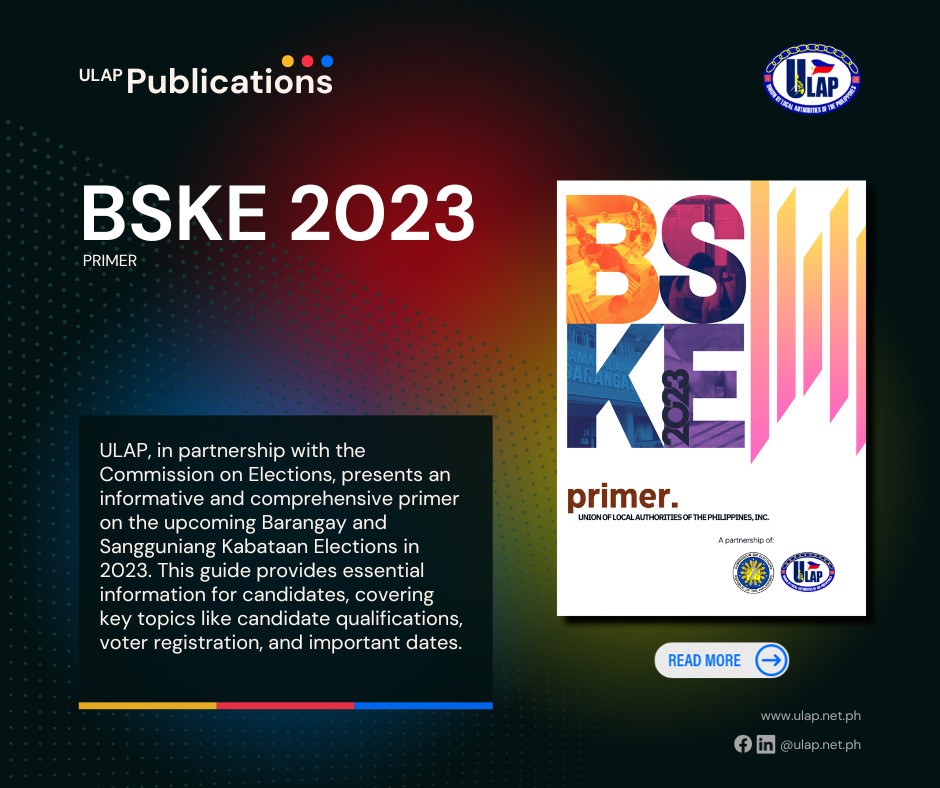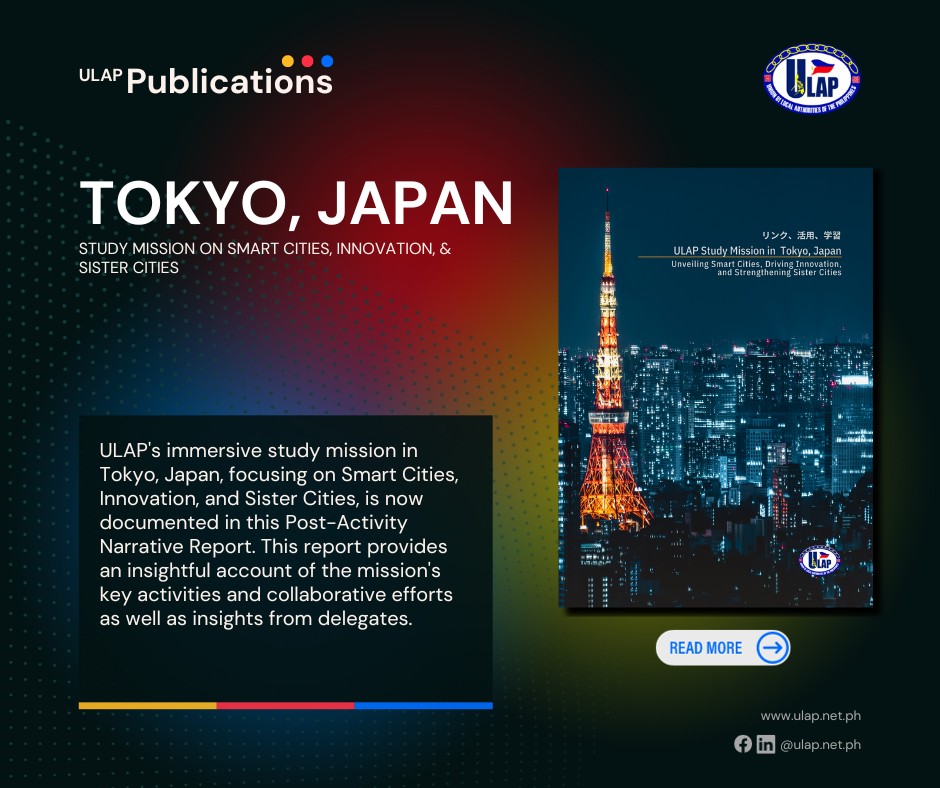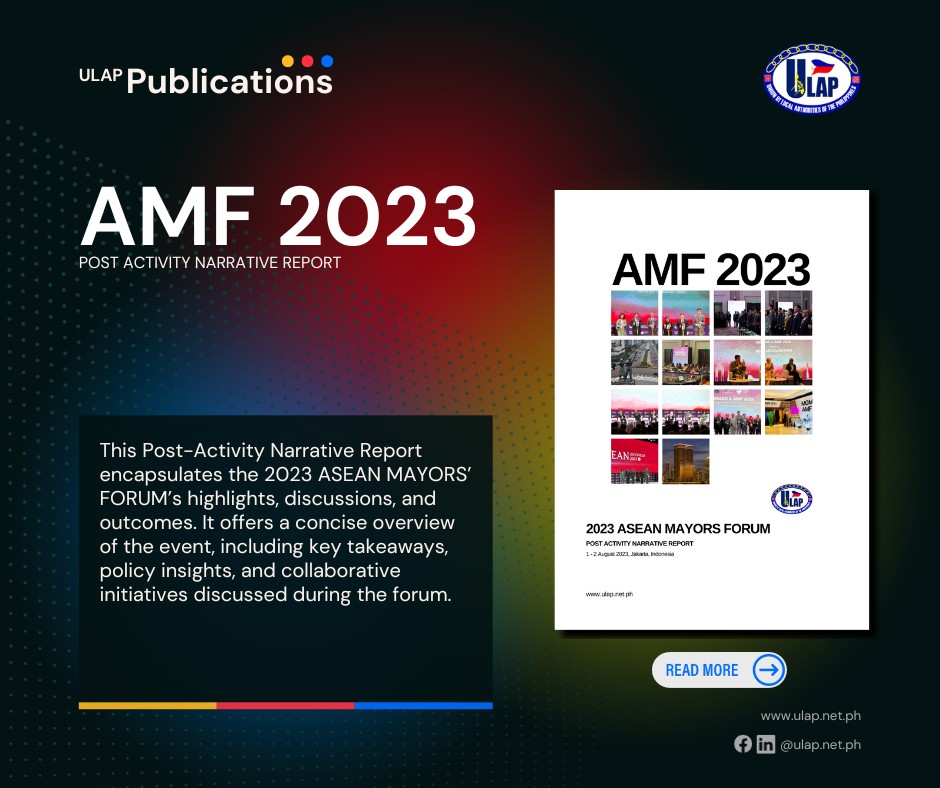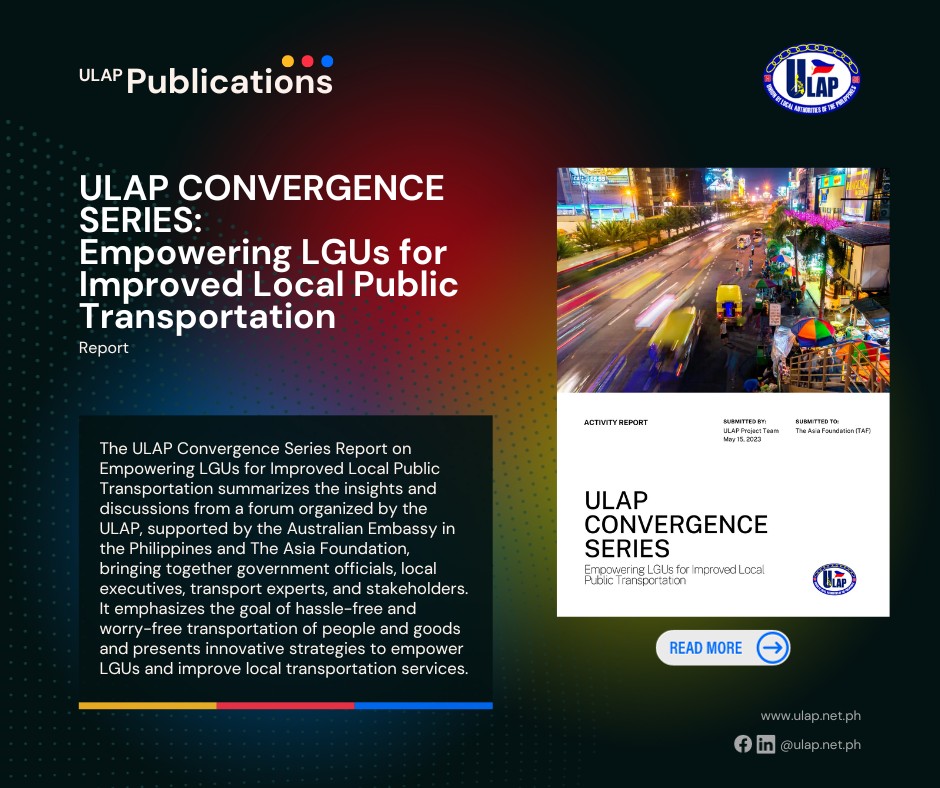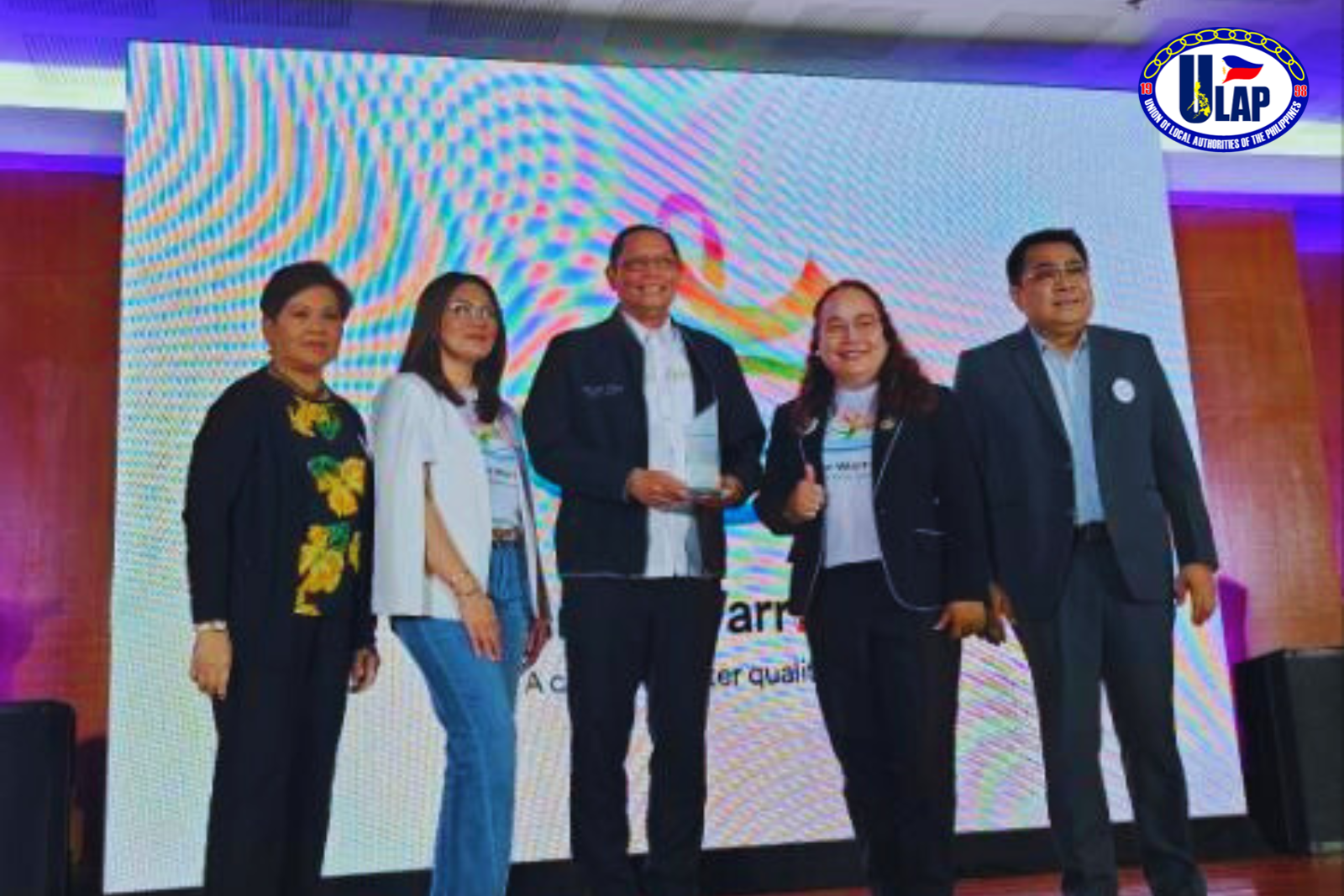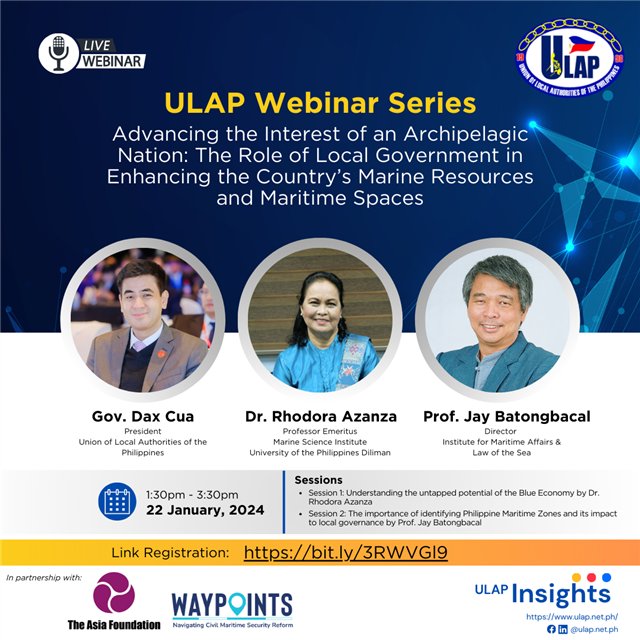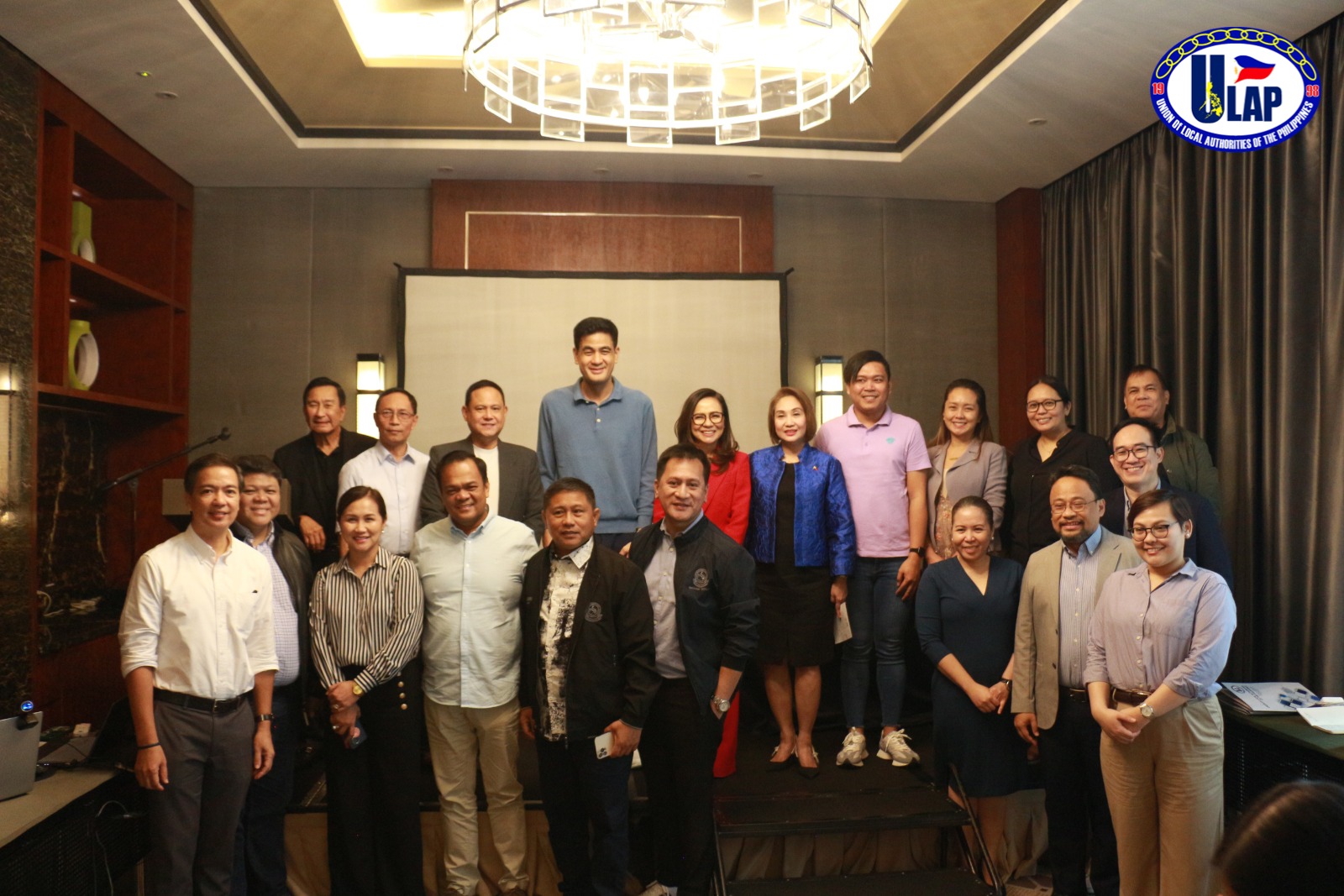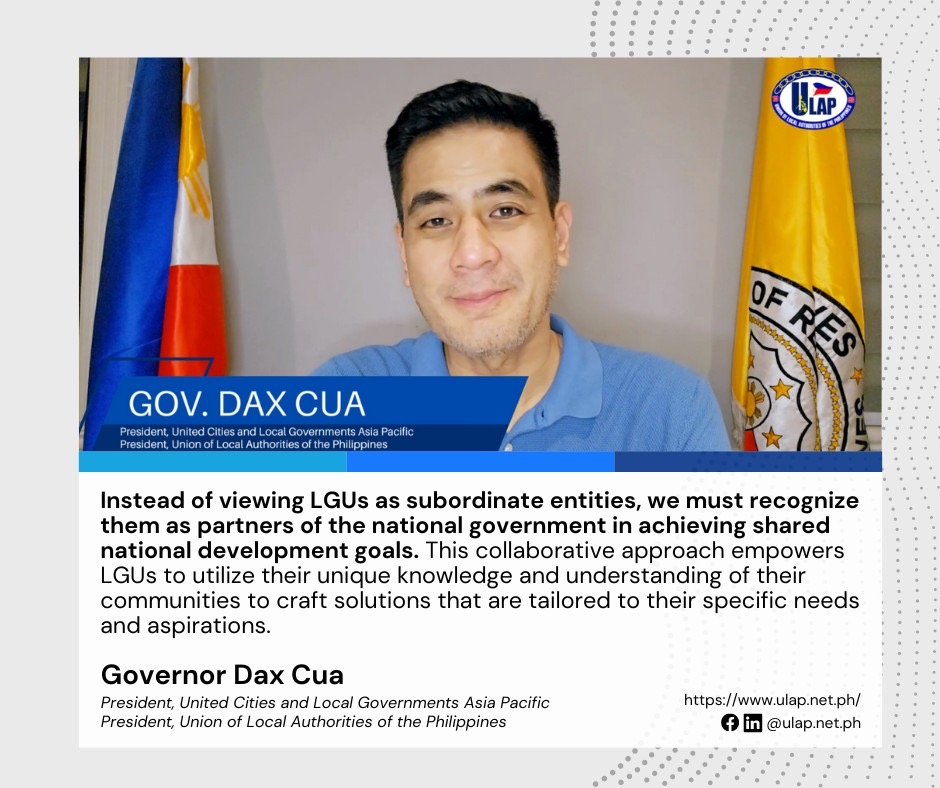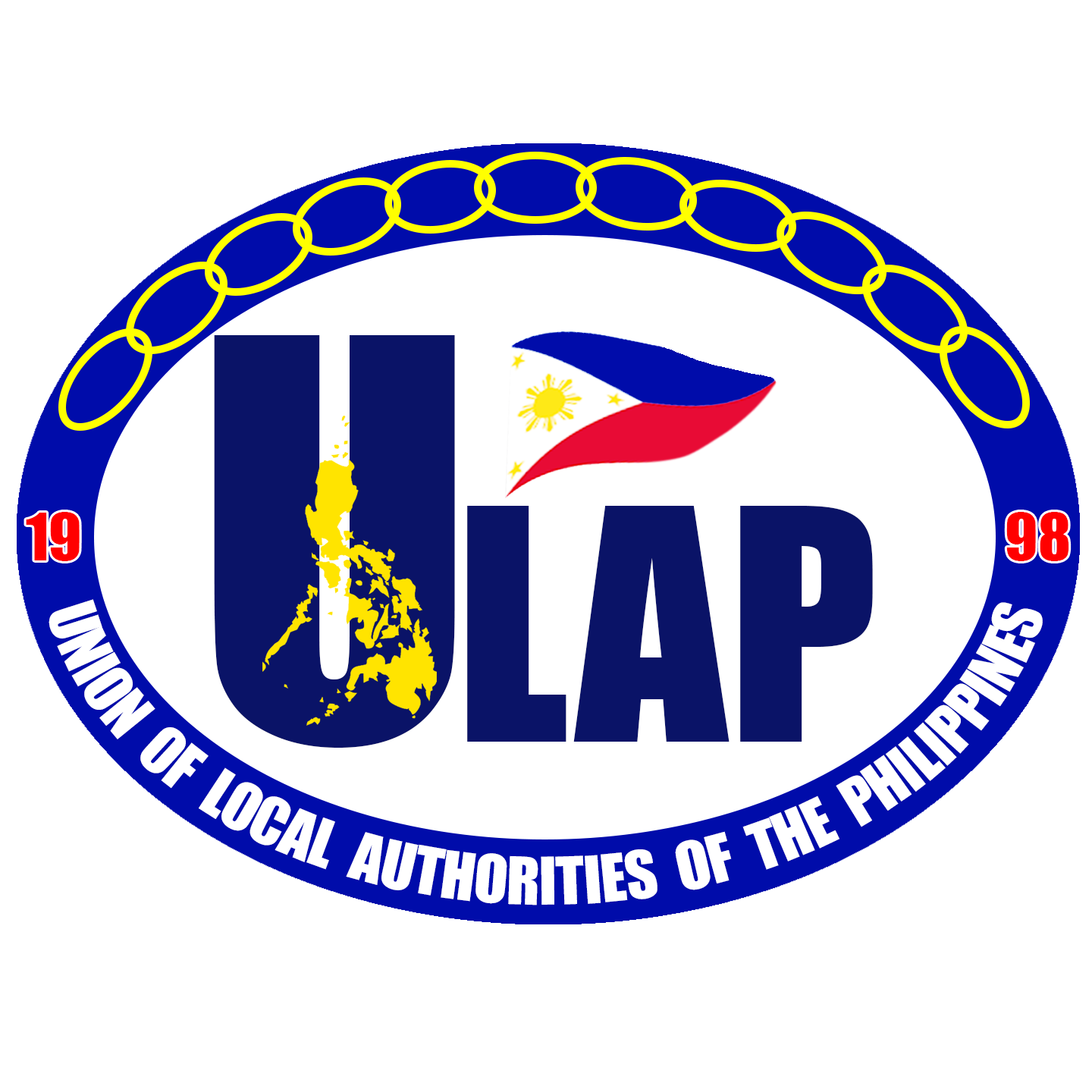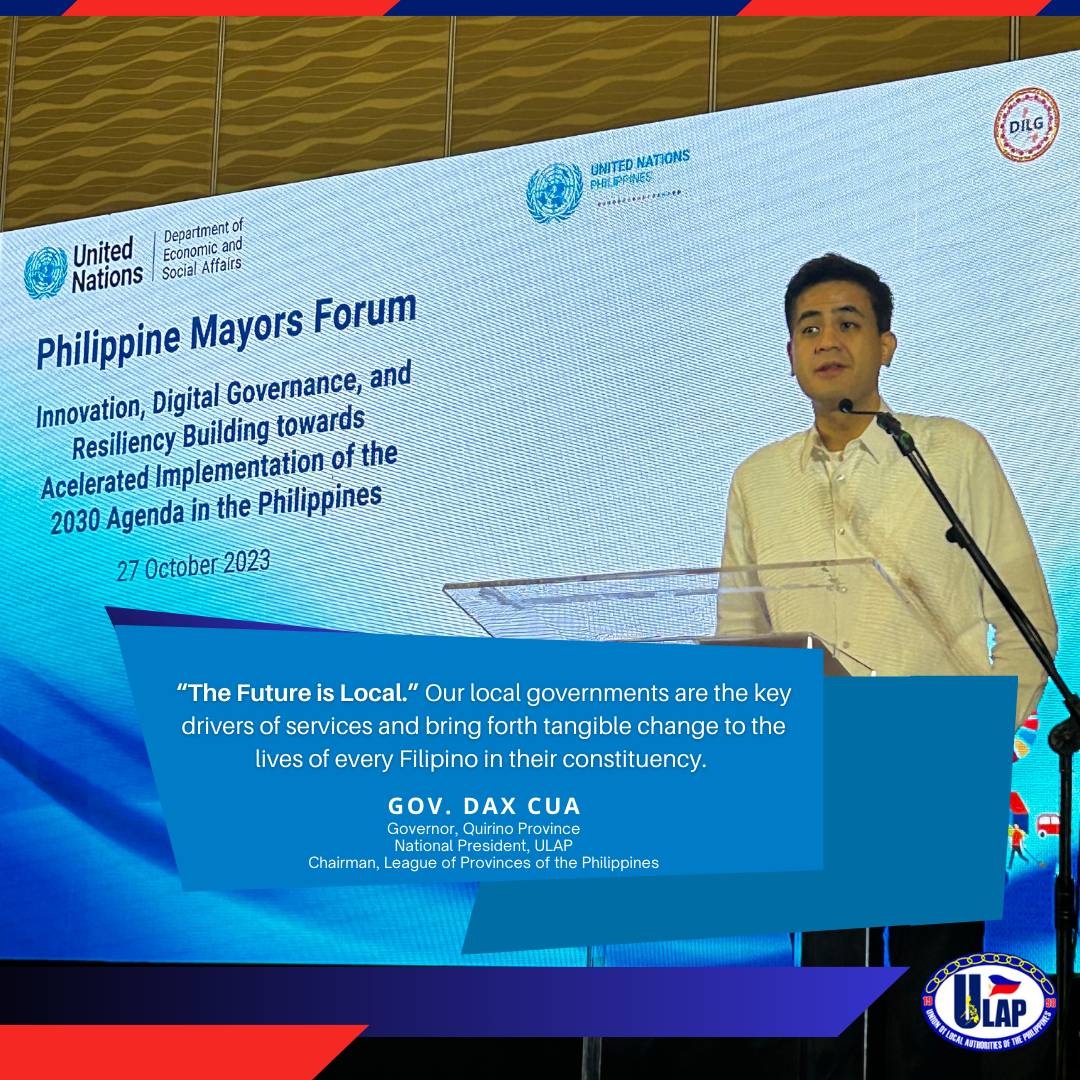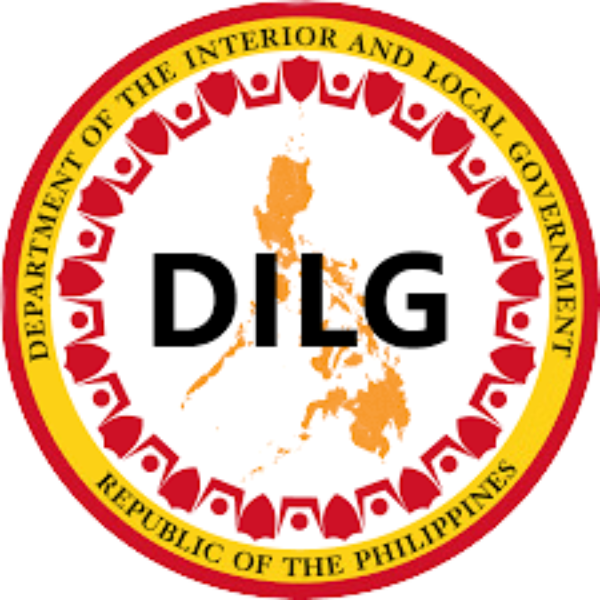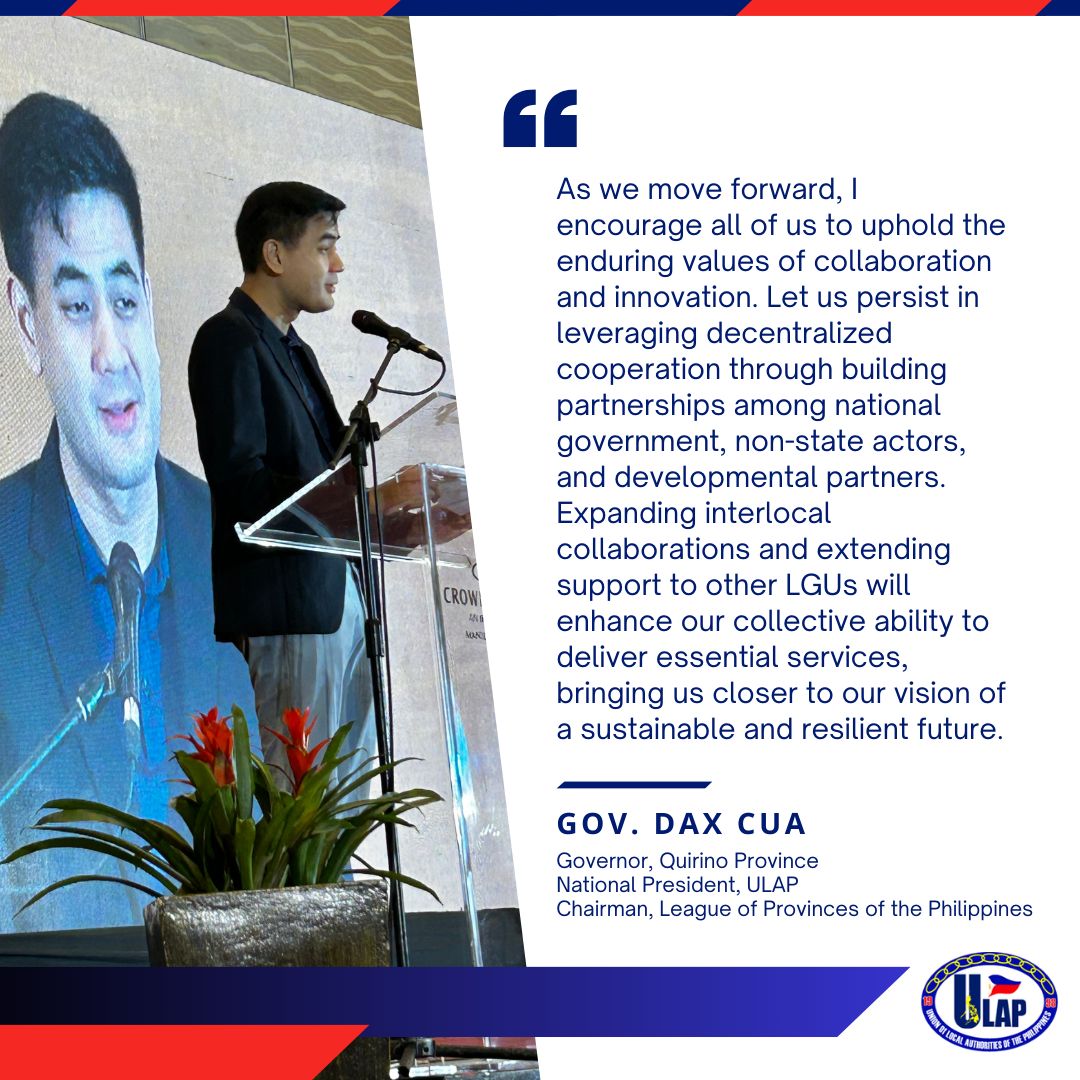Evidence for what? Exploring the definition and Political Value of Evidence-Informed Policy Making According to Philippines Mayors

In an ideal polity, governance is driven by decisions based on information generated from research that is accurate and reliable. But in the real world, the use of research evidence (from here on, shall be referred to as ‘evidence’ for brevity) by policy makers however is scarce. Particularly in less developed countries, the lack of access as well as the capacity to generate and utilize research by policymakers makes evidence-informed policy making (EIPM) difficult to achieve (Newman, Capillo, Famurewa, Nath, & Siyanbola, 2012). That there is a gap between the “scientific” community and the policymakers is not contested here.
However, to be able to bridge this gap, two things must be achieved:
- there is a need to nuance EIPM as defined and interpreted by the policy researchers and scholars vis-à-vis how it is understood by the policymakers themselves; and
- How this is constructed, consumed and given value (if any) by the policymakers themselves.
This study is therefore interested in doing two things:
1. To bridge the understanding and importance of EIPM between those who produce the research and those who consume it for policy purposes; and
2. To evaluate the political (i.e. winning an election) value of EIPM in local policy making.
In doing so, this study investigated how EIPM is ‘constructed’ by policy makers themselves and whether the use of this “EIPM” gets them re-elected.
This study believes that to lobby for EIPM in less developed countries, this approach must be balanced with not only the managerial but also the political aspects of the environment upon which policies are actually created and implemented. This study therefore acknowledges the critical role of policy elites whose perceptions and values shape the rules of engagement in the policy process. Given this complex elite-driven policy environment, this study hypothesized that perhaps rationality means “making do” instead of “making calculated sense”. And extending this further,
perhaps rationality also mean “making do as long as I am allowed to do”.
Ultimately, this study strongly lobbies for a more inclusive understanding and working definition of EIPM for it to be useful in developing countries, particularly the Philippines. And hopefully not only will the gap between policy advocates and policymakers be bridged but also that EIPM may present itself as a political alternative electoral reform agenda in a country whose operational politics revolve around patronage, violence and personalism...

